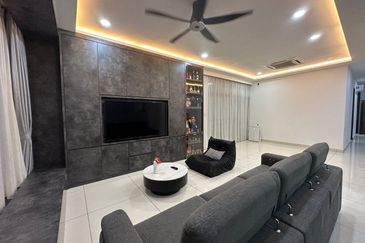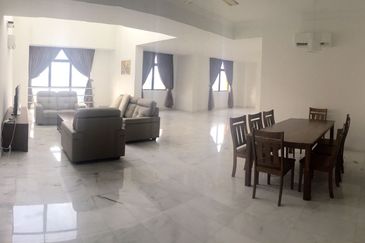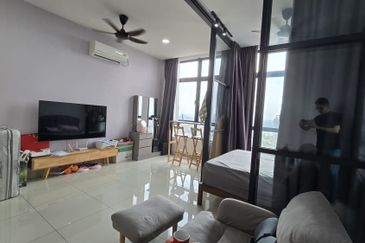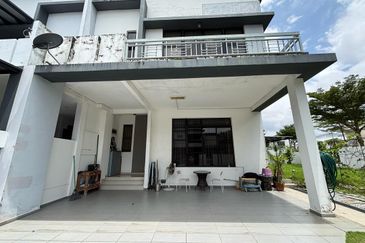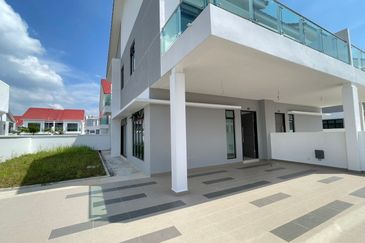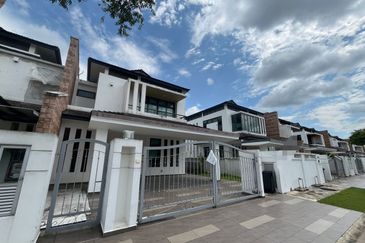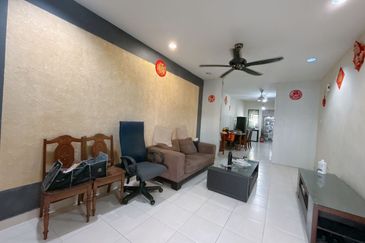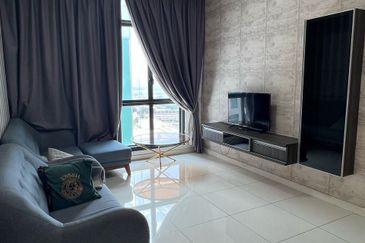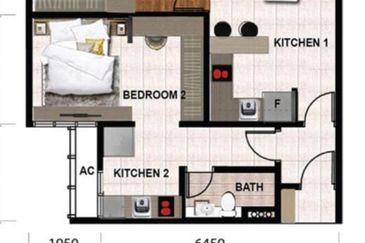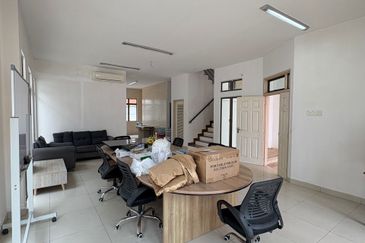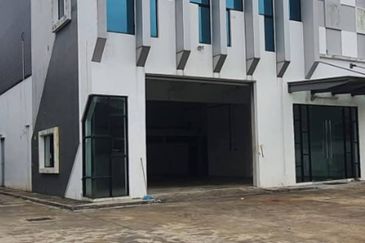Often when we read the papers or hear on the news about a tragic case of electrocution, we feel sorry for the victims and their families. At the same time, some questions may also pop up in our heads — how did it happen? Could it have been prevented?
“When electrical items do not meet the minimum safety requirement, it can lead to fire, electric shock, explosion, radiation and other risks that can cause injury or death to a human being and/or damage to a property,” said Energy Commission Malaysia Department of Regulatory Electrical Safety’s Equipment Unit regulatory officer Nur Faidarina Alias.
The Energy Commission of Malaysia (EC) or Suruhanjaya Tenaga is a statutory body established under the Energy Commission Act 2001. It is responsible for regulating the energy sector, specifically the electricity and gas supply in Peninsular Malaysia and Sabah.
At the EdgeProp.my Symposium 2017 entitled “Is your home a fire hazard?” organised by EdgeProp.my at Hilton Kuala Lumpur on Oct 14, Nur Faidarina spoke about electrical safety at home. Gamuda Land was the presenting sponsor of the symposium while the supporting sponsor was Nippon Paint Malaysia. The half-day event was also supported by The Edge Malaysia.
Citing faulty water heaters, for example, Nur Faidarina recalled a case in 2013 where a couple was found electrocuted in the bathroom of a condominium in Mont’Kiara due to the leakage of electric current from the water heater.
She also urged the public to ensure that their electrical appliances have a SIRIM (Scientific and Industrial Research Institute of Malaysia) sticker and other approval labels by authorities as this means they have gone through the required testing procedures to prove that they are safe to use.
* Urgent need to spread fire-safety knowledge
* Is your building a death trap?
* Are we living dangerously?
* The cost of fires
* Steps to keep our homes safe from fire
* Burning questions
* Concerns over enforcement on fire safety regulations
“All electrical appliances must obtain a Certificate of Approval required for the importation or manufacturing of electrical appliances or equipment as required by the Malaysian Electricity Regulation 1994. The types of appliances refer to any domestic equipment, any low voltage equipment that is sold directly to the general public and any low voltage equipment that does not require special skills in its operation,” she said.

Approved electrical equipment or appliances are required to be affixed with safety labels before being sold to the public, to prevent malfunctioning. She also advised the public to be cautious with the products that do not promote electrical safety.
“The pillow warmer, for instance, was banned in Malaysia in 2015 while energy-saving devices in the market which claim to save electricity usage as advertised are not effective at all. In fact, they function more like power banks,” she explained.
There are also many simple steps people can take at home to avoid electrical mishaps, which include never plugging in or operating appliances with wet hands, selecting the appropriate cable size for an electrical appliance, and getting rid of and replacing electrical cords and cables that are already frayed, exposed and cracked, offered Nur Faidarina.
When it comes to electrical safety, besides ensuring the equipment itself is safe, one must also ensure that the installation design is safe and managed by a competent person.
“The installation design and installation of electrical works must be done and managed by a competent person as no one is allowed to perform or carry out any electrical work unless he holds a valid Certificate of Registration issued under the Electricity Regulation 1994,” she noted.
Thereafter, how often should the installation be checked and by whom?
Nur Faidarina said an installation other than a domestic installation shall be checked and tested by a competent person at least once every five years, or at any time as directed by the EC.
“The responsibility to maintain the installation in the manner required shall be with the owner, management, licensee or occupier of the installation, his servant or agent. Meanwhile, any protective relay and device of an installation shall be checked, tested and calibrated by a competent person at least once in every two years, or at any time as directed by the EC,” she elaborated.
In fact, non-compliance to any provision of the Electricity Regulations 1994 will incur a fine of not exceeding RM5,000 or imprisonment for a term not exceeding one year or even both.
She also pointed out that under the Electricity Supply Act 1990, it is stated that any person who tampers with or adjusts any installation or part of it or manufactures or imports or sells any equipment so as to cause or to be likely to cause danger to human life or limb or damage to any equipment or other property, shall be guilty of an offence and for each such offence shall, on conviction, be liable to a fine not exceeding RM100,000 or to imprisonment for a term not exceeding five years or both.
This story first appeared in EdgeProp.my pullout on Oct 20, 2017. Download EdgeProp.my pullout here for free.
TOP PICKS BY EDGEPROP

Almas Suites @ Puteri Harbour
Iskandar Puteri, Johor
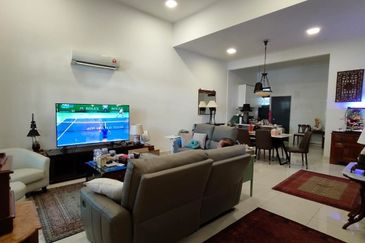
The Canal Garden South, Horizon Hills
Iskandar Puteri, Johor
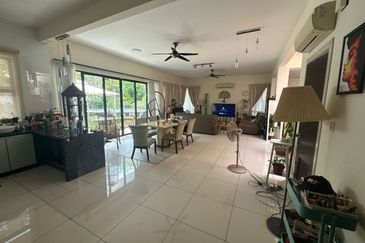
East Ledang
Iskandar Puteri (Nusajaya), Johor
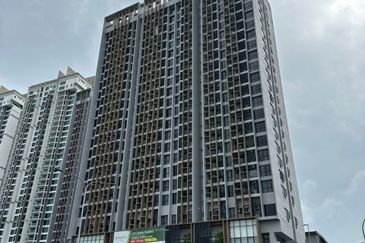
Sky Trees @ Bukit Indah
Iskandar Puteri (Nusajaya), Johor
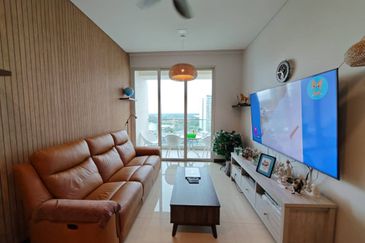
Puteri Cove Residences
Iskandar Puteri (Nusajaya), Johor
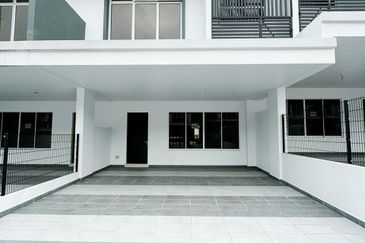
Iconia Garden Residence @ Taman Impian Emas
Johor Bahru, Johor
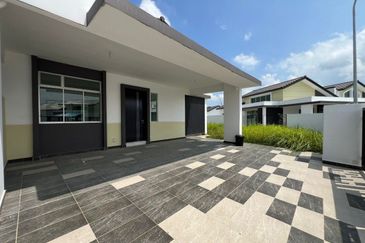
Iconia Garden Residence @ Taman Impian Emas
Johor Bahru, Johor



